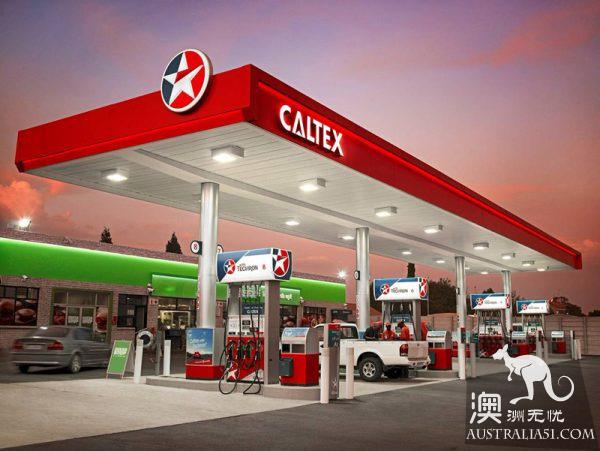If there's one place where our society can really be equal, it's a gas station. Everyone must go. There is basically the same thing everyone has to do there.

If there's one place where driving etiquette is especially important, gas stations, especially during holidays, tend to have a good temper when the team is long.
So there's a problem: if you've just finished filling up and you find a lot of cars waiting in the back, should you move the car out of the pumping area before you pay for it?
The answer is: yes, of course. In particular, considering that modern petrol stations are not just refueling, you are likely to buy something in the store for travel replenishment (or wait for a cup of coffee) and spend a while before you get back into the car.
So, here's the question again. If you move your car before you pay for it, will it be considered a bully oil?
It is absolutely impossible at home because gas stations have manual services, but they are different in Australia. Gas stations are self-help. Although it is rare, those who do not pay to leave after filling the fuel are not without. So we secretly visited the three gas stations and all the staff told us the same thing: "Yes, if you're busy, please move your car aside."
This will speed up the refueling team, cheer up, and allow consumers who need to buy something else to be sure to shop (which usually makes gas stations more profitable). It sounds like an obvious benefit, but it's best to remember your pump number and money before moving, or you'll be surprised to find you can't remember anything in a hurry.
Large stations usually have people looking at the pump, and they don't allow the next passenger to refuel until they know clearly that the last guest went to the station. There are cameras, of course, a lot of them.
The situation may be different in rural areas, which are usually not busy and do not have the same level of staff and / or technology management. Then you may find yourself in a dilemma between fidgety waiting for guests and the burden of keeping them from escaping.
If this happens, a friend who works at a village station says, "We are very small here, and basically we know all the guests. If we meet someone we don't know and move the car before we pay, we'll be more worried. But if it's really busy, it's recommended. "

